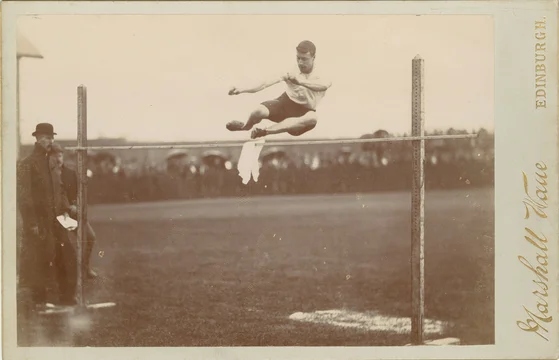
Judge Noreika today issued an an opinion regarding a damages jury instruction for an upcoming case. The case involves damages for products alleged to infringe a method claim, which are made or sold in the United States but used only abroad.
Judge Noreika noted that it was undisputed that the uses abroad cannot infringe:
It is well-established (and undisputed) that the manufacture, sale and offer to sell a method is not an act of infringement. . . . And it is also well-established (and undisputed) that patent law is territorial. . . . Thus, to infringe a method claim, the method must be performed in the United States. . . .
The issue here, however, is not whether the foreign uses of the patented methods are infringing – they are not and Plaintiffs concede that. The question is whether the sales of products that use the methods to foreign users can be used to measure damages for acts of infringement in the United States.
She found that one Federal Circuit case, Carnegie Mellon University v. Marvell Technology Group, Ltd., 807 F.3d 1283 (Fed. Cir. 2015), seems to permit damages for use abroad as long as the sales or manufacture occurred in the United States, and that is how she instructed the jury:
Damages may also be awarded on sales of products that practice the patented methods in their normal intended use outside of the United States if, for those products, you find that (1) QIAGEN’s infringement in the United States was a substantial cause of the sale of that product, . . . and (2) QIAGEN made or sold the product within the United States.
She noted that U.S. infringement could potentially cause the foreign infringement by things like "the design, simulation, and testing" of products here.
Interestingly, the Court noted how odd this sounds, and required the jury to determine the U.S. and foreign damages separately in case there are issues on appeal:
I think it is fair to question whether, as I read this law, it allows a patentee to, in effect, use patent damages to extend the monopoly granted by its United States patent overseas by allowing the patentee to obtain the same damages it would have obtained if the use of the patented method overseas were an infringement, even though that use is not an infringement.
So, we will, as I ruled previously, separate out the damages for US sales and foreign sales with the hope that, should the Federal Circuit disagree with me on my reading of its precedent, we will at least have the damages for acts, should they be deemed infringing, that are unquestionably performed in the U.S.
This may be an opportunity for the Federal Circuit to clarity its opinion in CMU. The jury came back with a verdict on Friday, finding infringement, with about $1.6m in sales to customers in the U.S., and $2.2m to customers outside the U.S.
If you enjoyed this post, consider subscribing to receive free e-mail updates about new posts.



